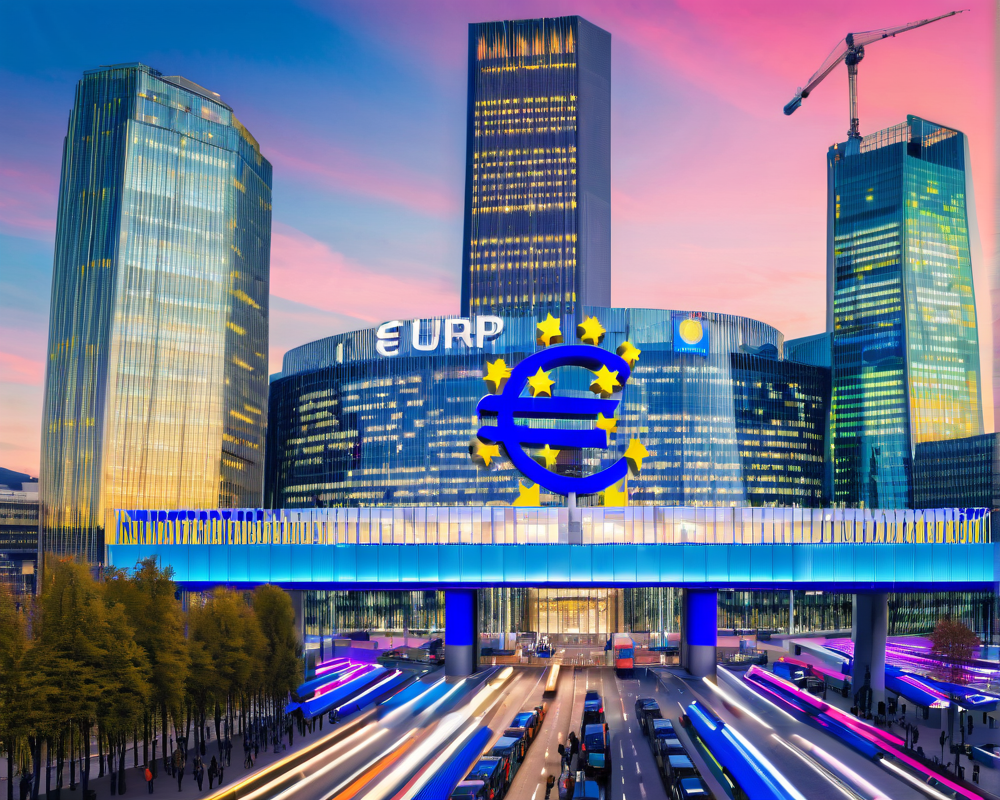Christine Lagarde Speaks Out
The president of the European Central Bank (ECB), Christine Lagarde, made headlines on November 12 during an online policy panel, where she addressed the much-anticipated digital euro. With the economy evolving and digital currencies becoming the norm, Lagarde assured audiences that the ECB is keeping a close eye on the situation but remains in no rush to become the trendsetter.
A Cautious Approach
During her address, Lagarde emphasized that “we are not racing to be first” when it comes to releasing a central bank digital currency (CBDC). Unlike some tech giants that sprint ahead, the ECB is choosing a more measured strategy. This patience might just pay off, especially given the shift in consumer behavior during the pandemic.
Consultation Insights
Lagarde revealed that outcomes from the ECB’s recent consultation on the digital euro, launched earlier in October, would be available in January 2021. This survey aims to gather feedback and gauge public interest, crucial steps before making any definitive moves. It’s almost like asking if everyone wants cake before deciding to bake one!
Security and Privacy Considerations
When the issue of digital currencies surfaces, concerns for security often follow closely behind. Lagarde pointed out the need to address issues like anti-money laundering and counter-terrorism financing measures while also respecting user privacy. Balancing privacy with security could be the digital currency equivalent of walking a tightrope.
Learning from Others
The ECB is not just looking at its own backyard but keeping a close watch on international developments. Lagarde specifically mentioned the Facebook Libra token and China’s digital yuan trials. Each serves as a classic case of why a thoughtful rollout is crucial. After all, nobody wants a digital elephant in the economy’s living room!
A Realistic Timeline
Should the ECB decide to move forward with the digital euro, Lagarde estimates that launching such a project could take anywhere from two to four years. Earlier decisions often come with significant pressure; however, careful planning can lead to a more successful product launch. Think of it like brewing a fine wine; good things take time!
What’s Next?
As January approaches, all eyes will be on the ECB for its findings and the subsequent decision about the digital euro. Given the rapid evolution of finance technology, would this propose a shift in how we think about money? Only time will tell, but it looks like we’ll be keeping our digital wallets ready just in case!




